Criminal Forensic Assessment Certificate
Establish crucial foundational and advanced criminal forensic assessment skills with a competitive credential. Advanced training in competency evaluations–the most common forensic evaluation in the nation–can empower enrollees to pursue careers in state systems and beyond. This certificate program spans 145 hours of content across 11 CE-earning programs.
What You Can Expect
This Certificate program includes 11 programs, with 70 hours of foundational training and 75 hours of specialized content. In this program, you will:
- Learn how to conduct criminal forensic evaluations.
- Assess issues such as competency, insanity, and mitigating factors in death penalty cases.
- Open the door to a fulfilling career in criminal justice forensics.
Presented By

Kelly A. Watt, PhD

Stephen D. Hart, PhD
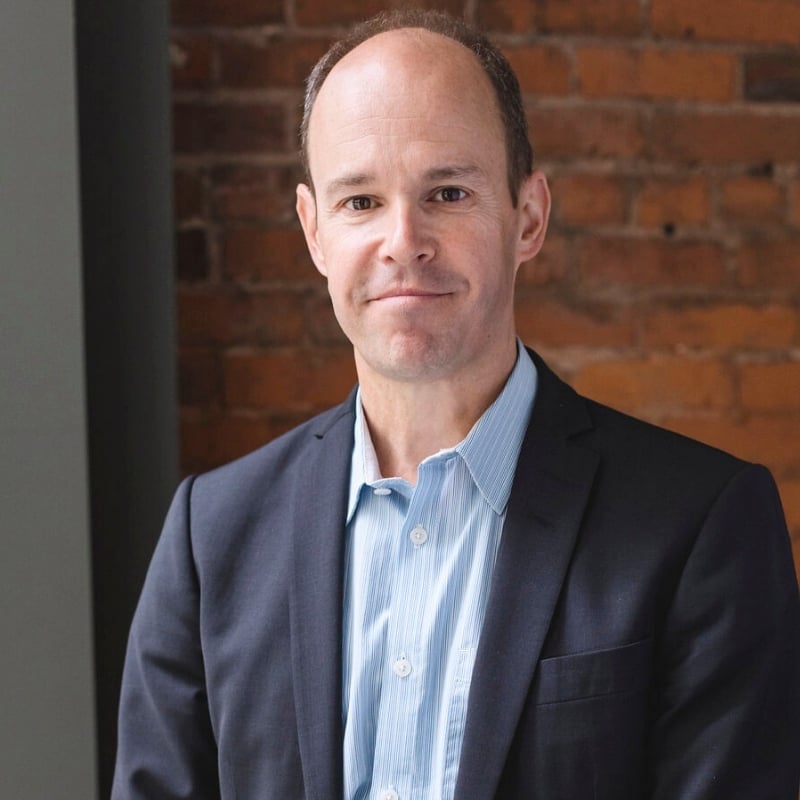
P. Randall Kropp, PhD
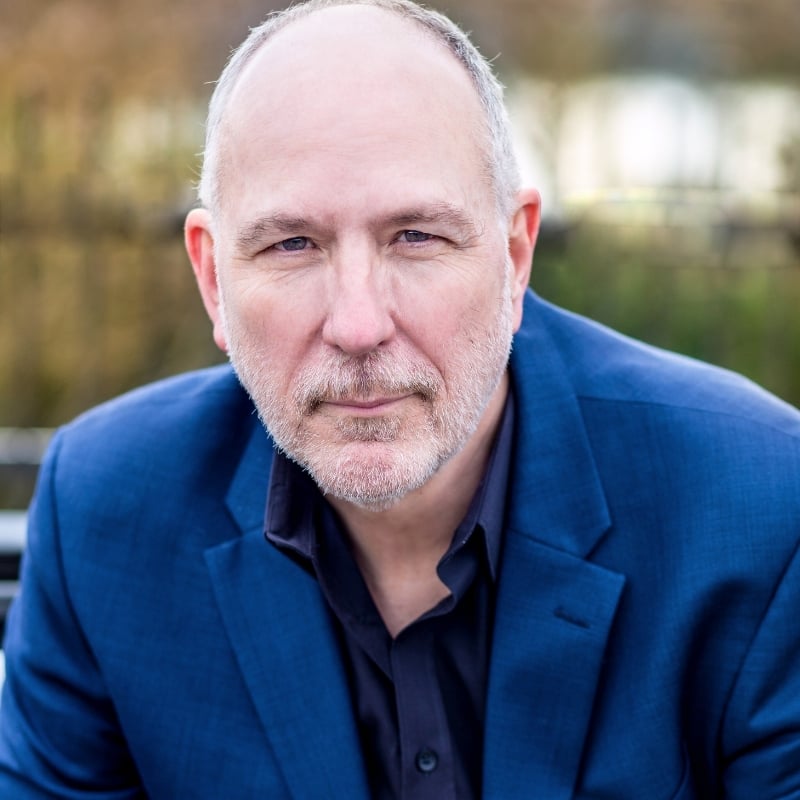
David M. Corey, PhD, ABPP
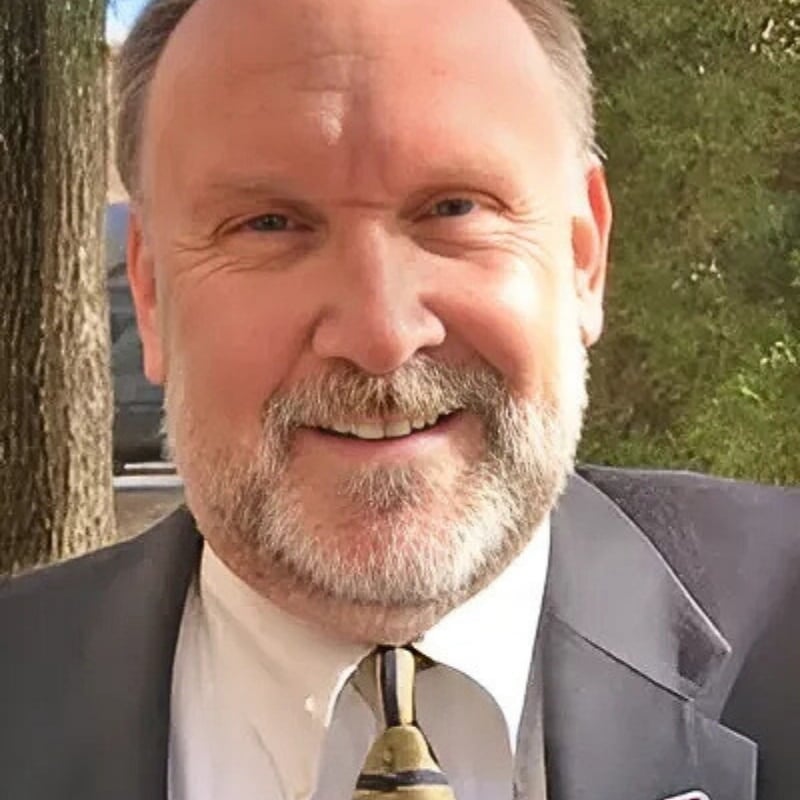
Randy Otto, PhD, ABPP

Martin Sellbom, PhD
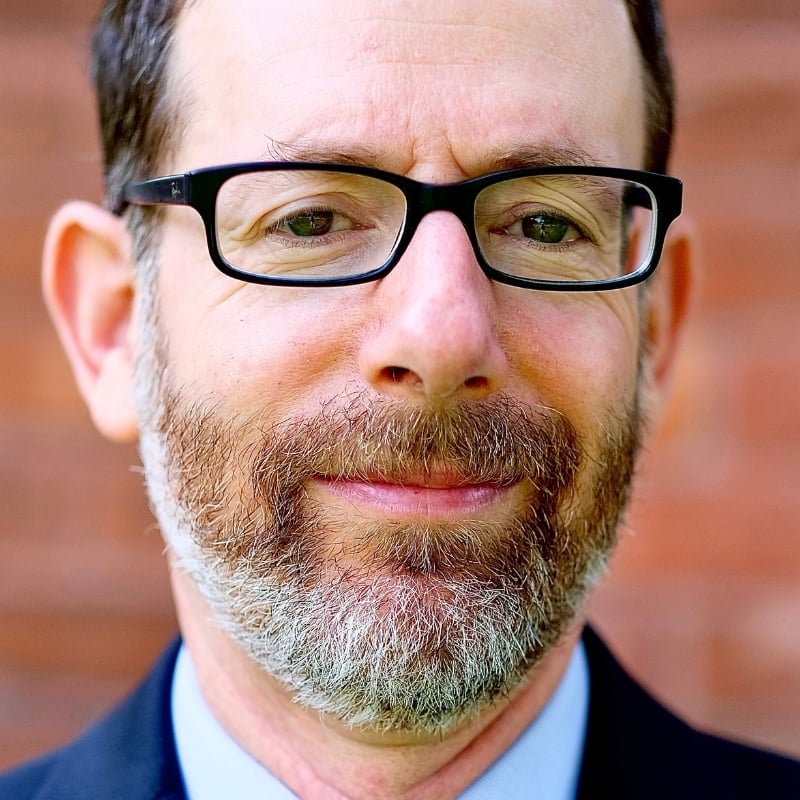
Ivan Kruh, PhD

John F. Edens, PhD
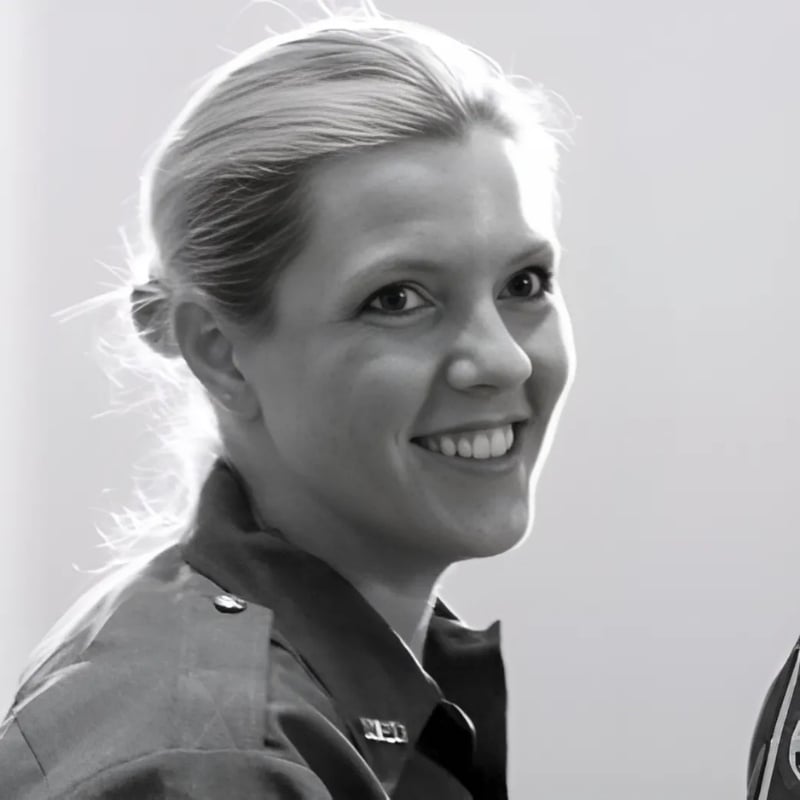
Heather McElroy, PhD, ABPP
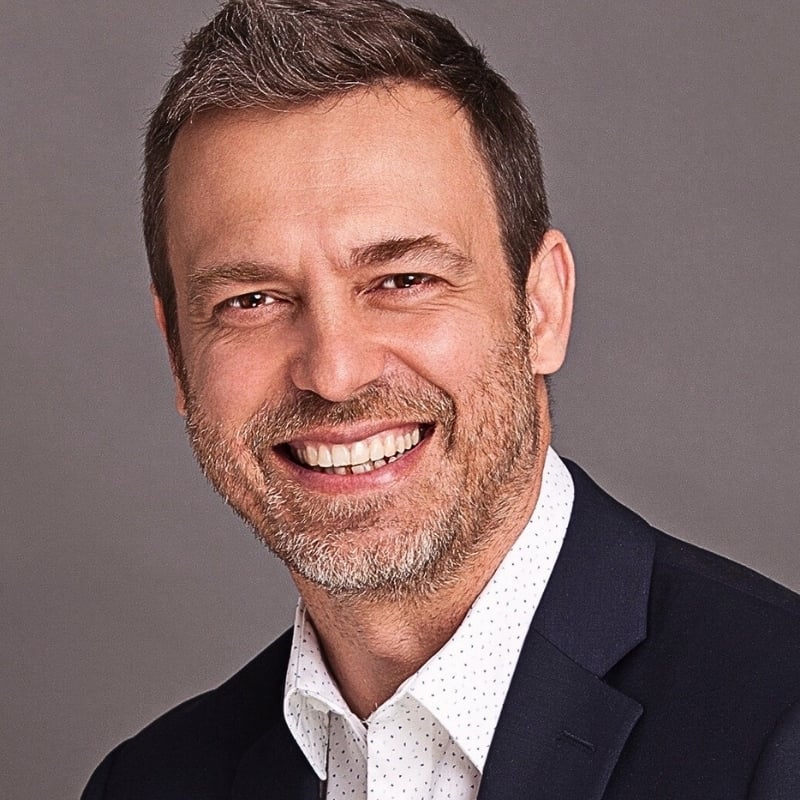
Stan Steindl, PhD
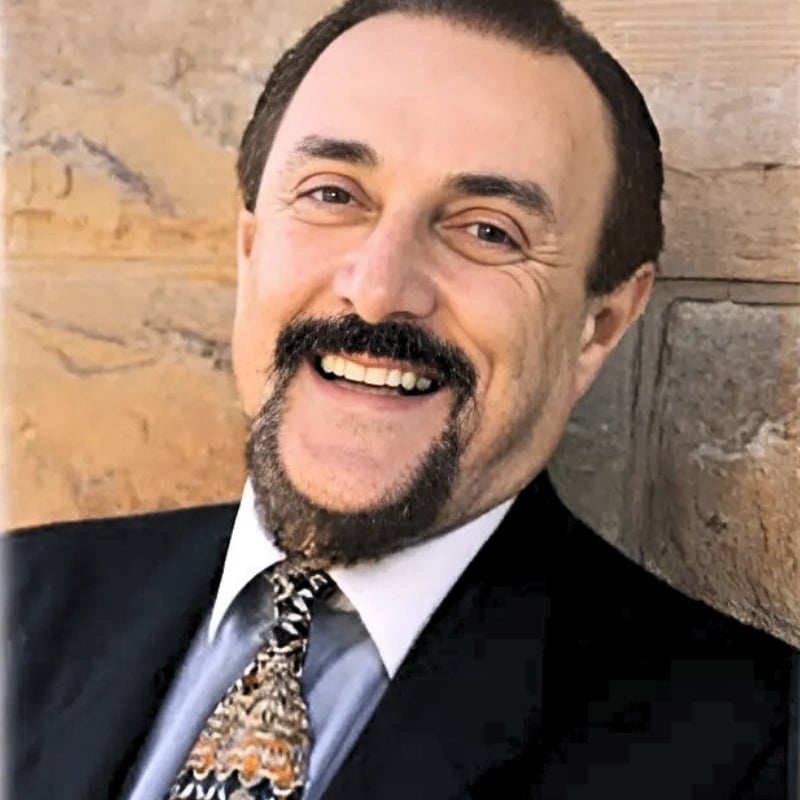
Philip Zimbardo, PhD
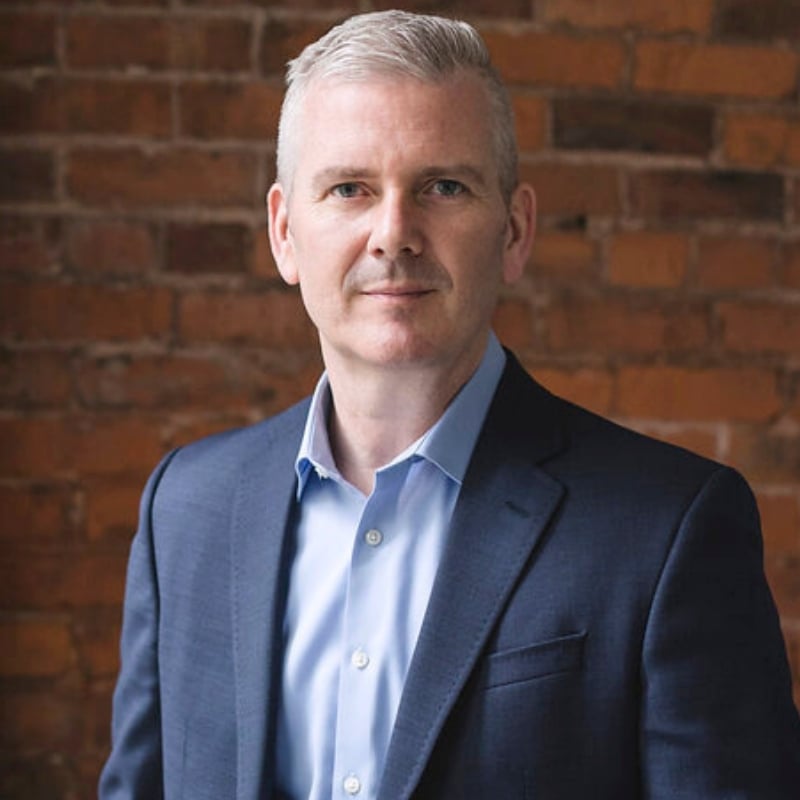
Kevin Douglas, PhD, LLB

Jerrod Brown, PhD

Melodie Foellmi, PhD

Brianne Layden, PhD

Itiel Dror, PhD

William Foote, PhD, ABPP

Patricia A. Zapf, PhD
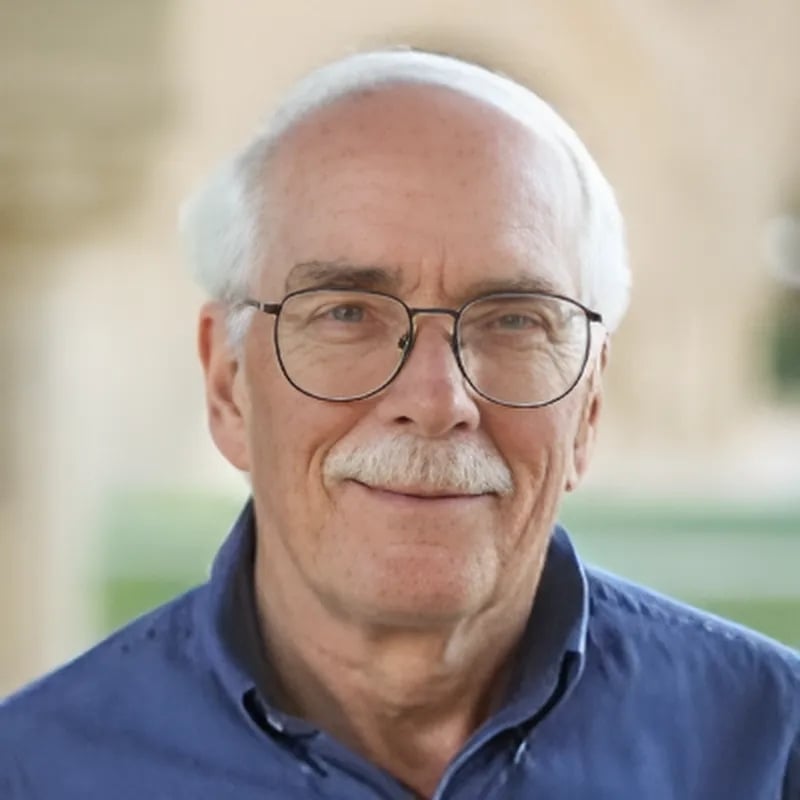
C. Barr Taylor, MD
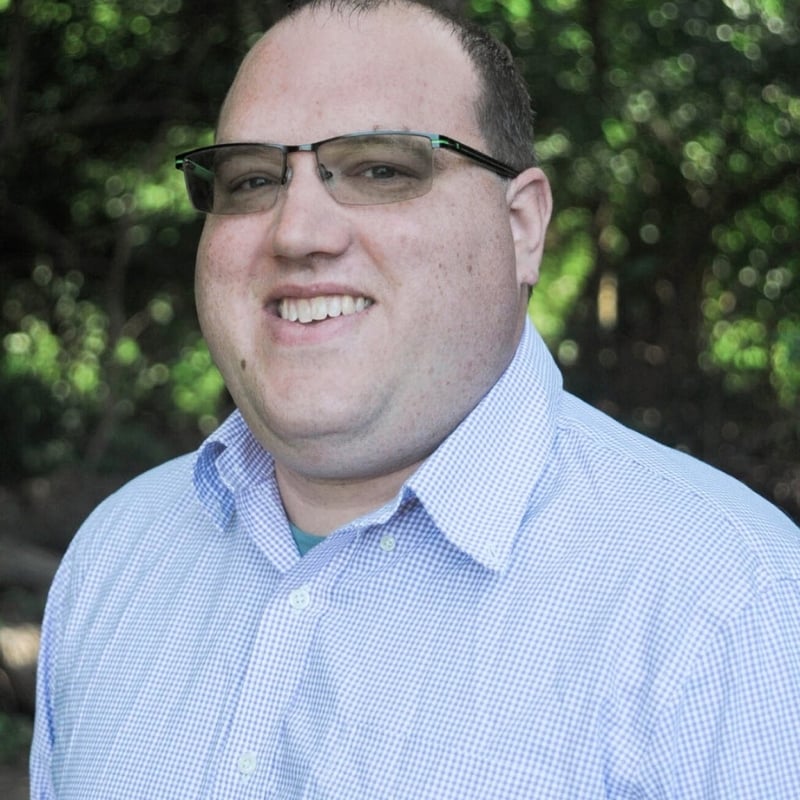
A.J McConnell, PsyD
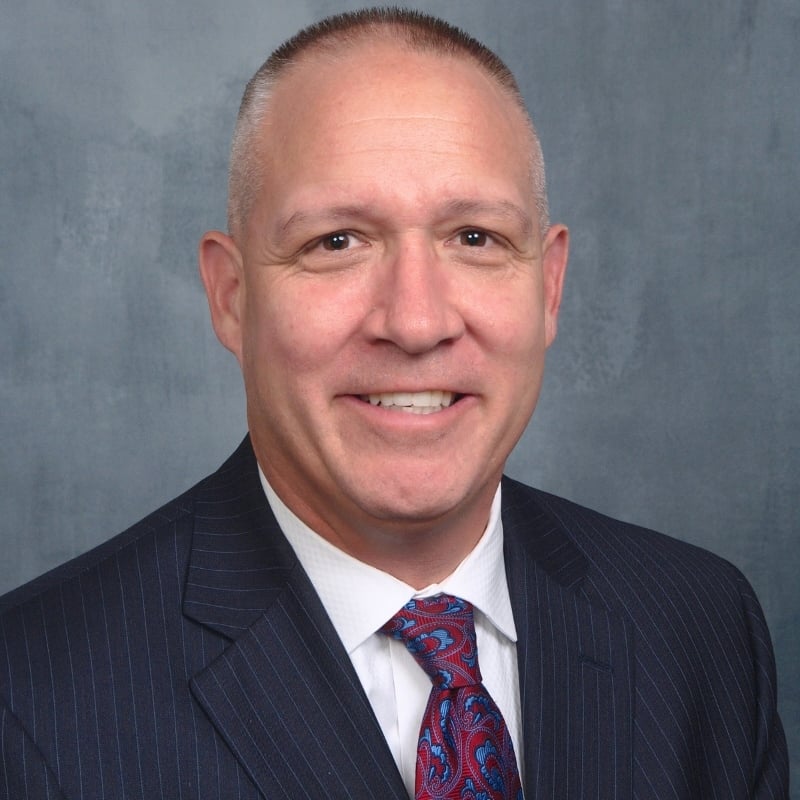
Bob Stinson, PsyD, JD, ABPP
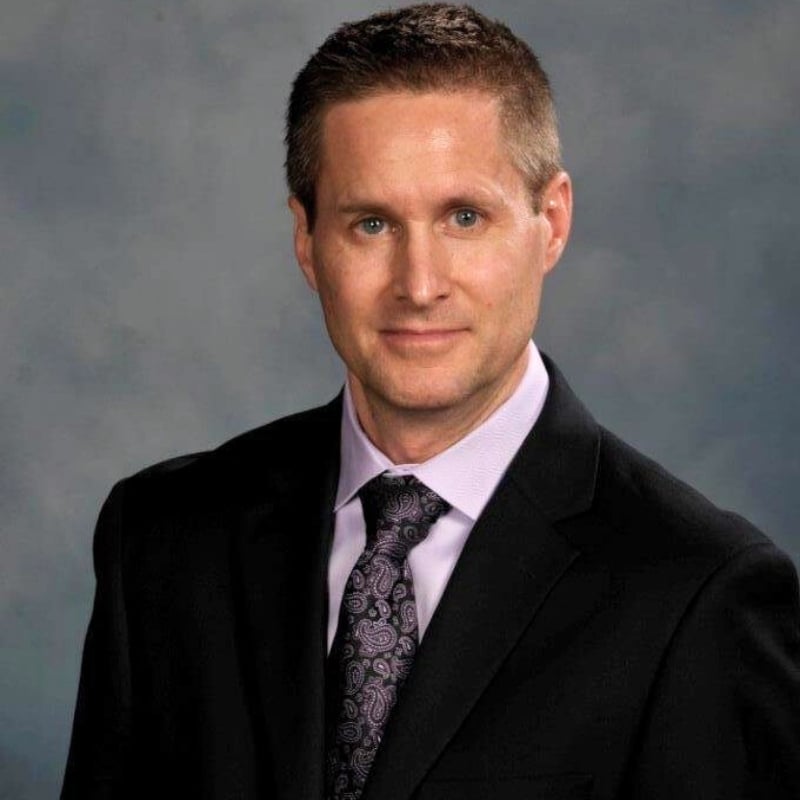
Michael Craw, PhD, ABPP

Jay Nagdimon, PhD, ABPP
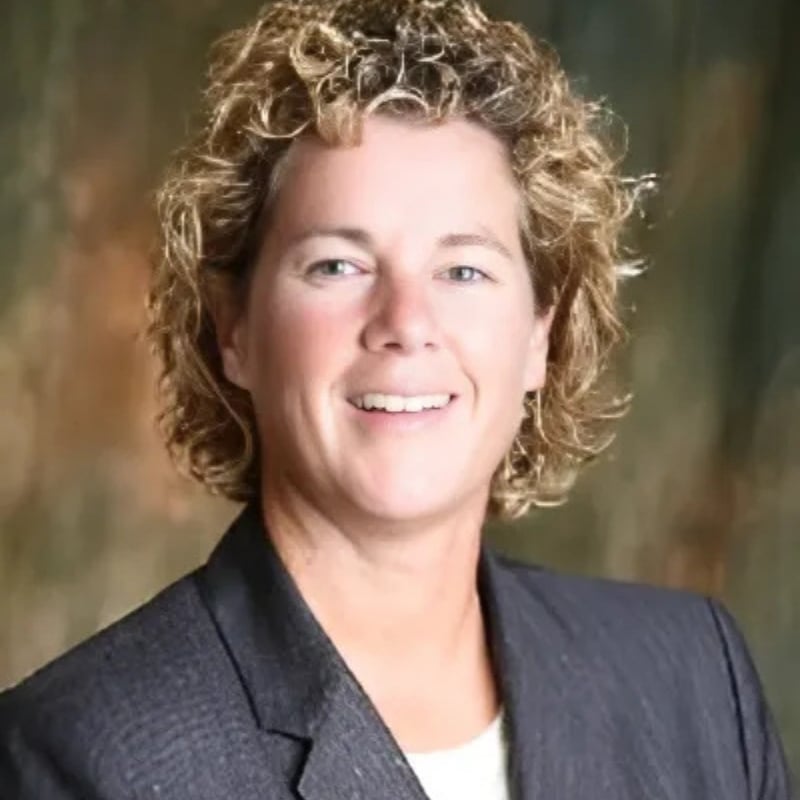
Christina A. Pietz, PhD, ABPP
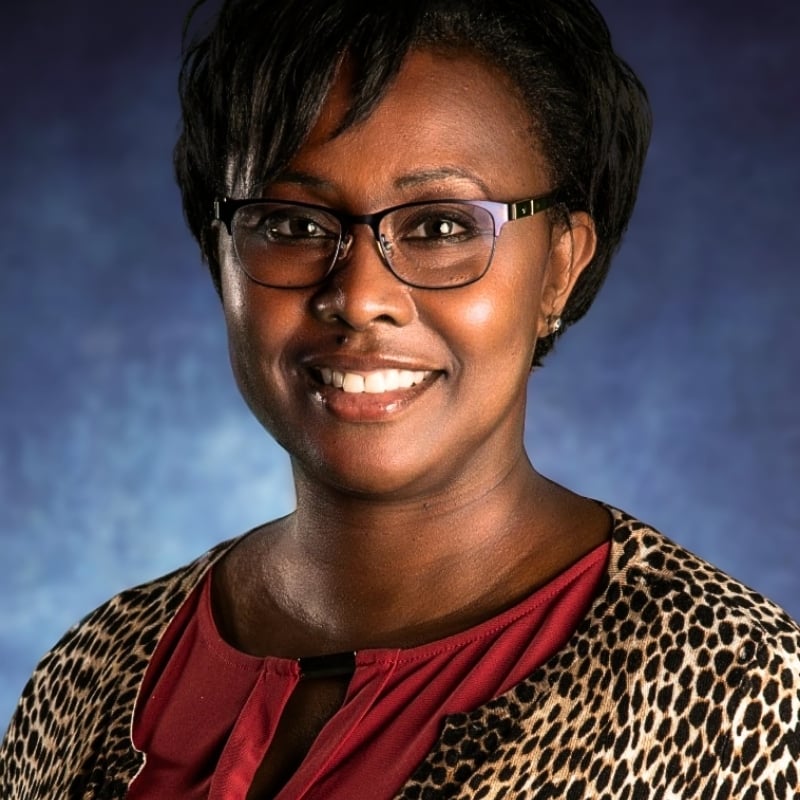
Vanessa Payne

Christopher Weaver, PhD

Heather Ellis Cucolo, JD
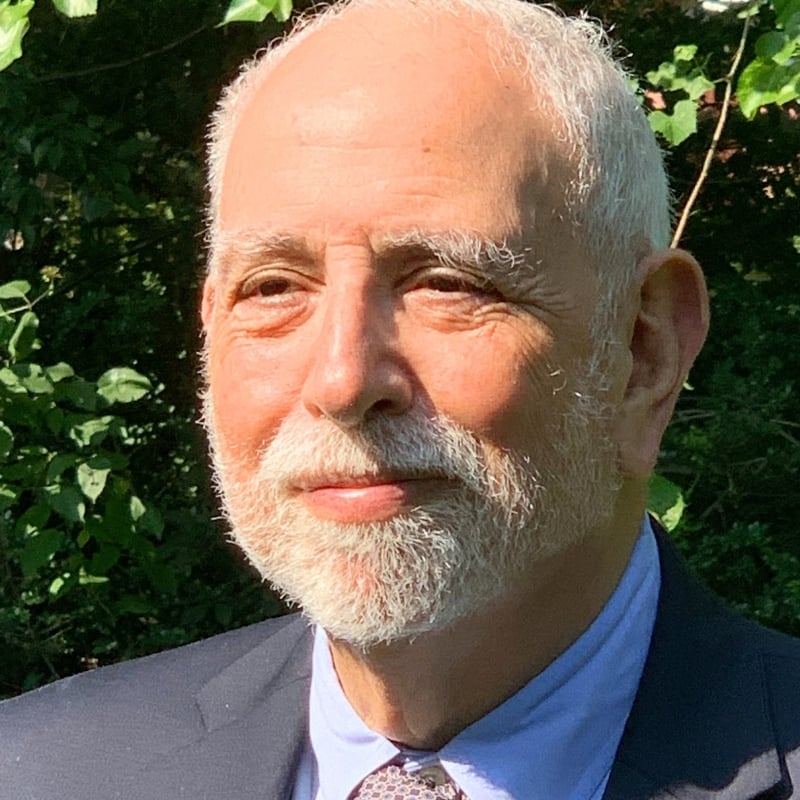
Michael Perlin, JD

Randall Salekin, PhD

Caroline Logan, DPhil

Kelly Coker, PhD
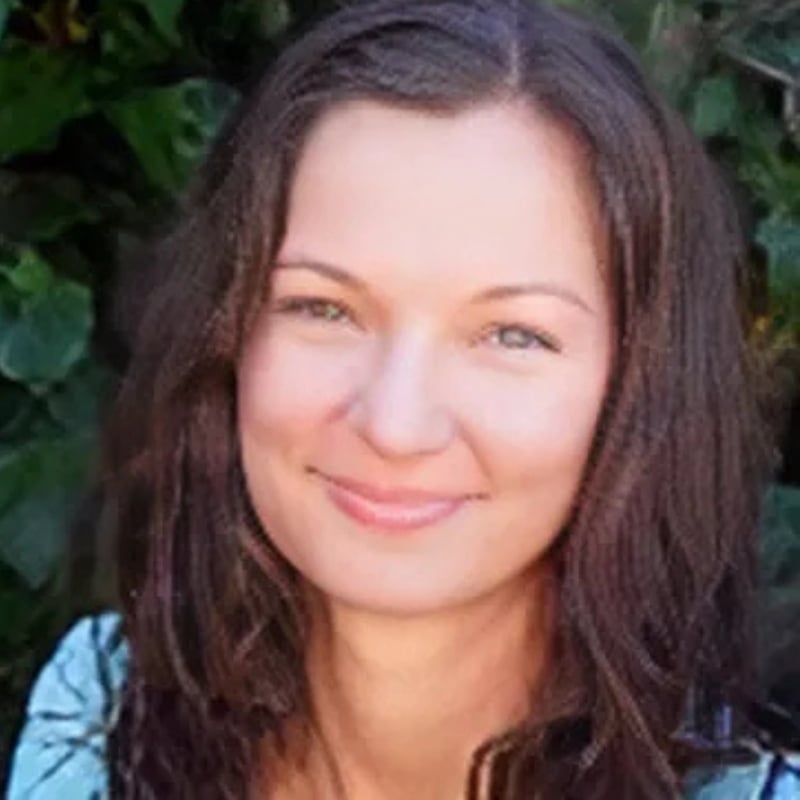
Karen Roller, PhD

Florence Saint-Jean, PhD

John Sommers-Flanagan, PhD

Kimberly Balsam, PhD

Michele Galietta, PhD
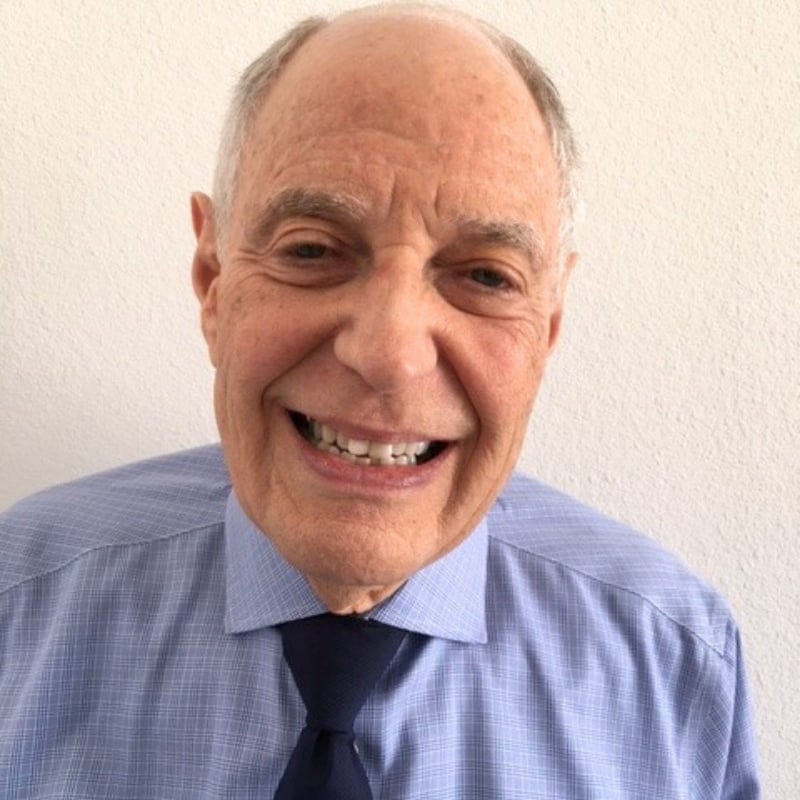
Michael C. Gottlieb, PhD, ABPP
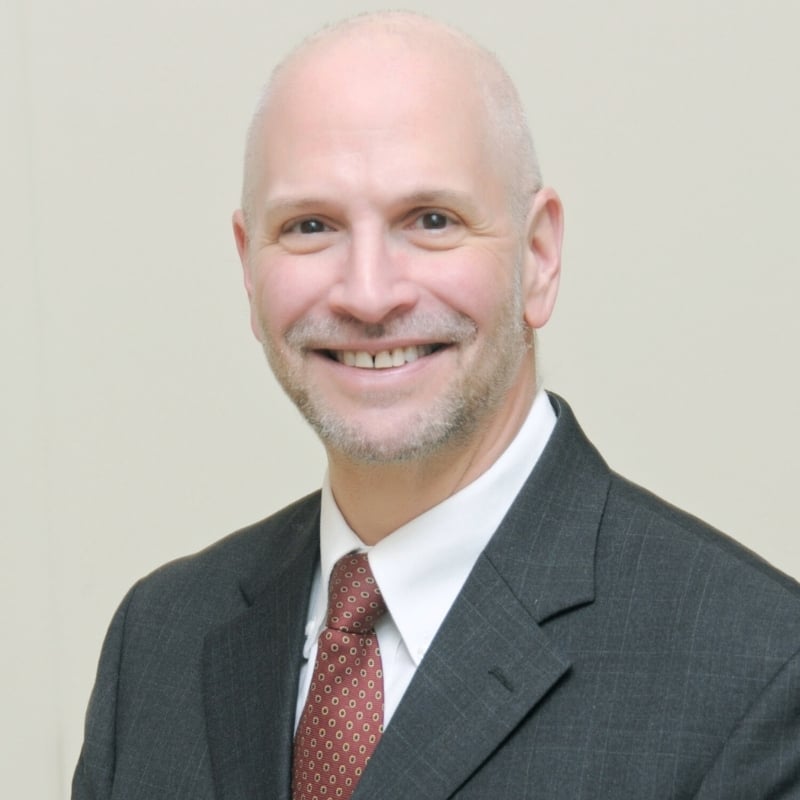
Gary L. Fischler, PhD, ABPP

Jeni McCutcheon, Psy.D, ABPP

Jodi Viljoen, PhD
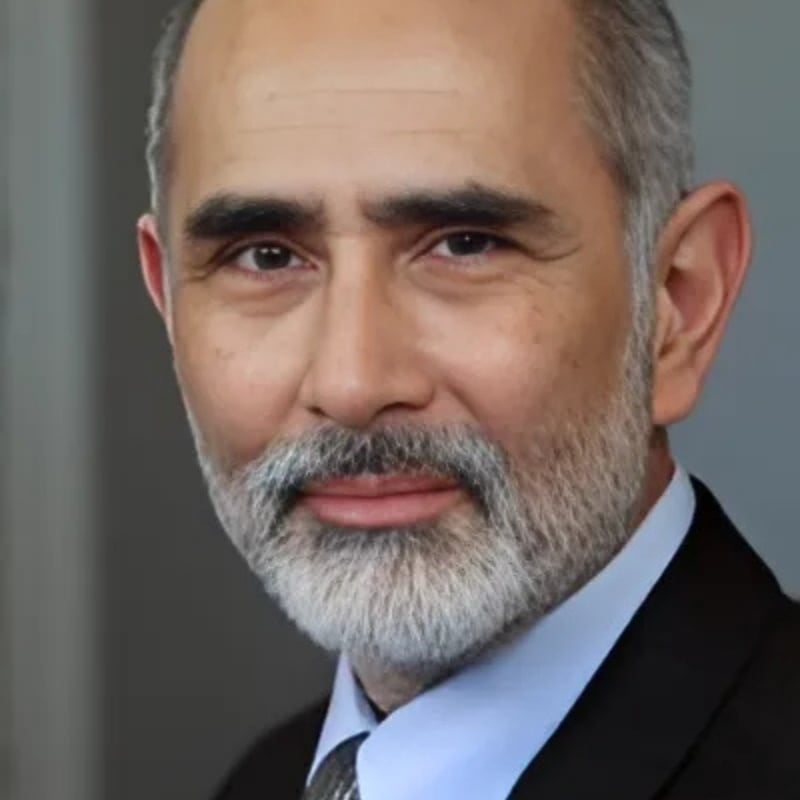
Ricardo F. Muñoz, Ph.D.
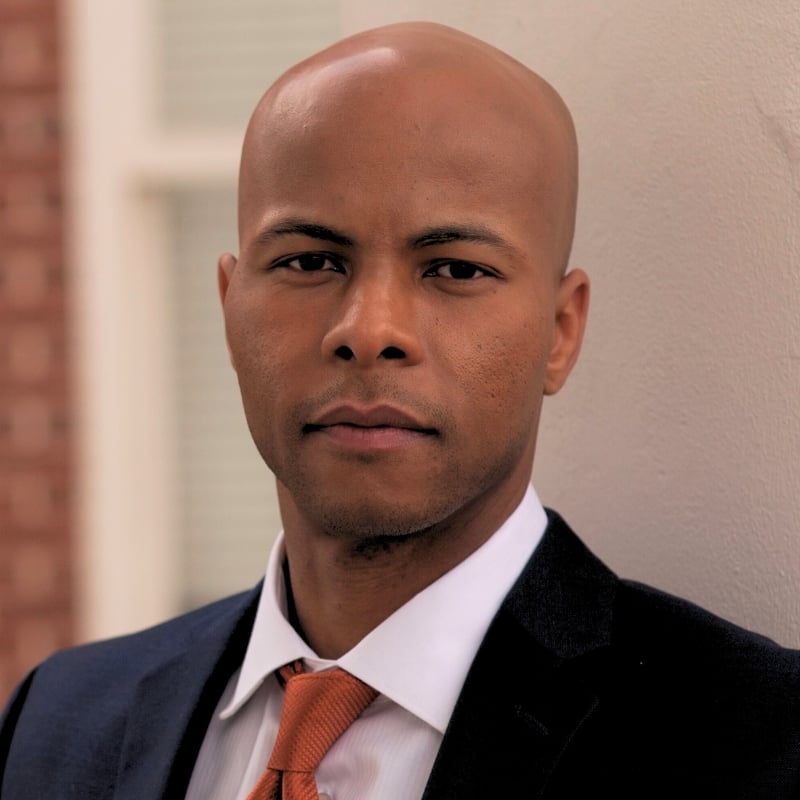
Jemour A. Maddux Psy.D., ABPP

Laura Guy, PhD

Nancy Bohl-Penrod, PhD

Jaime Brower, PsyD, ABPP

Philip Stahl, PhD, ABPP
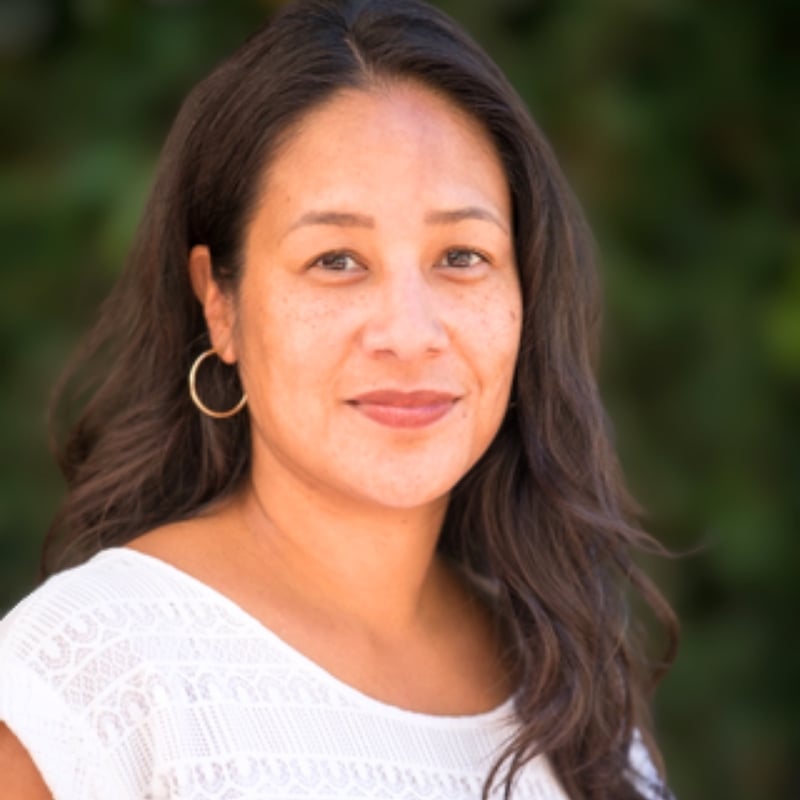
Alinne Barrera, PhD
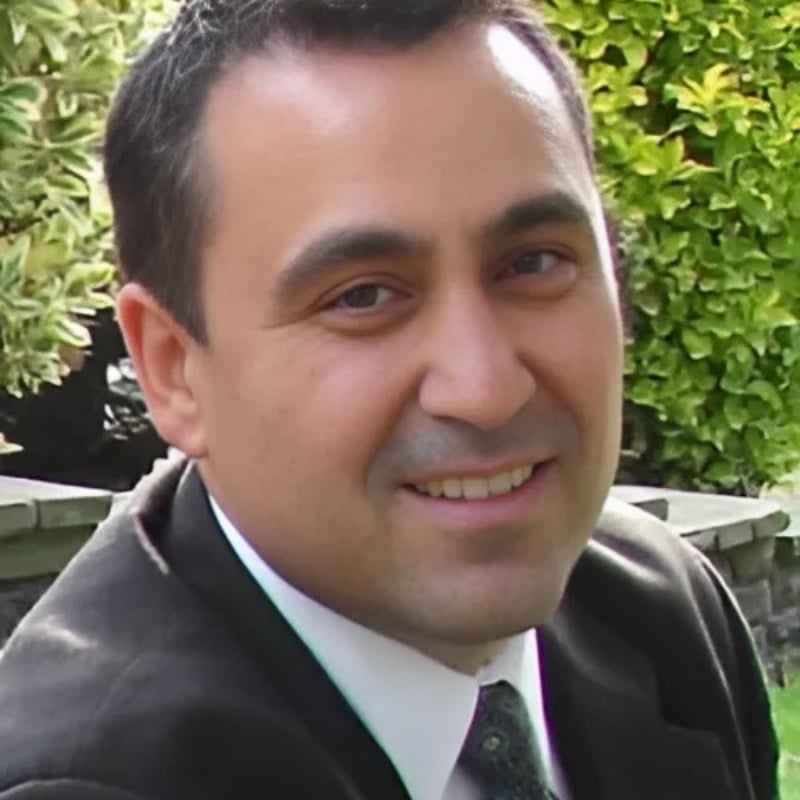
Kostas A. Katsavdakis, PhD, ABPP
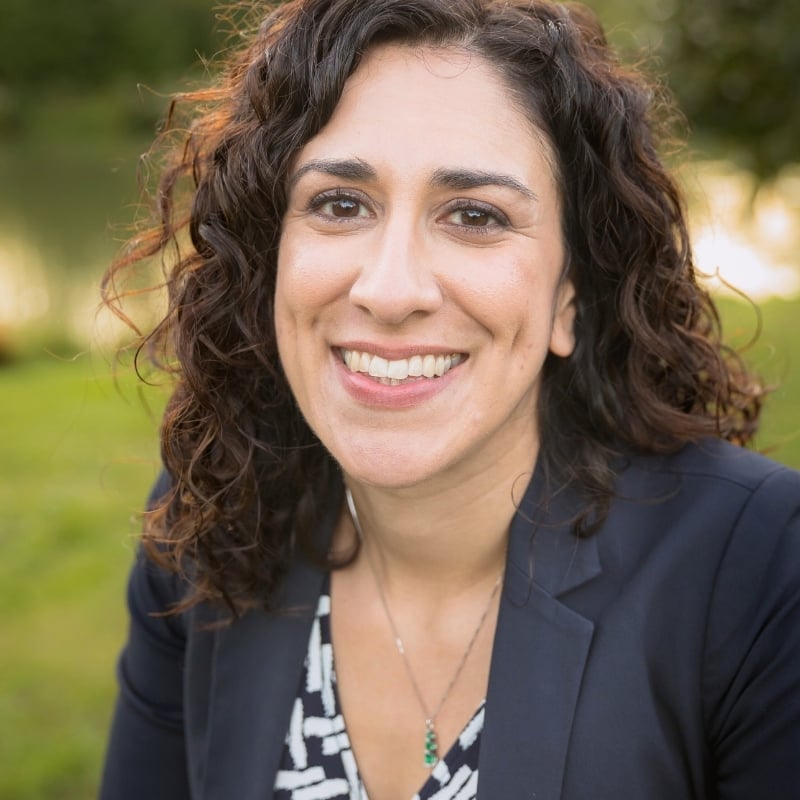
Krissie Fernandez Smith, Ph.D., ABPP
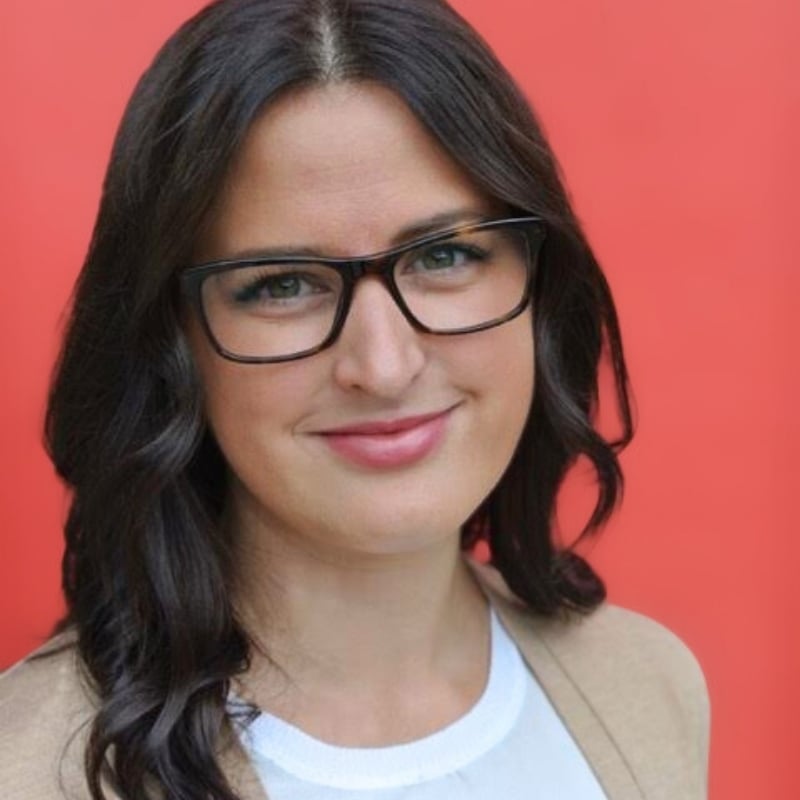
Alana N. Cook, PhD
Dr. Edens currently serves as an Associate Editor for Psychological Assessment and is a former Associate Editor for both the Journal of Personality Assessment and Assessment. He is a Consulting Editor for numerous other psychology-law journals, including Law and Human Behavior and Behavioral Sciences and the Law. He is also a licensed psychologist (Texas) and consults extensively on legal cases, primarily focusing on state and federal capital punishment trials. Over the years, he has collaborated with several state agencies on the utility of various offender intervention and assessment programs and procedures.
He has given over 150 invited presentations or workshops across 12 countries. His research and professional activities include violence risk assessment and management, the association between various mental and personality disorders (i.e., psychosis; psychopathy) and violence, and dynamic (changeable, treatment-relevant) risk factors in both youth and adults. He is co-author of the Historical-Clinical-Risk Management-20 (HCR-20) violence risk assessment measure, which has been translated into 20 languages and is the most broadly used violence risk assessment measure around the world (roughly 35 countries) in correctional, forensic, and psychiatric settings. Its purpose is to help guide decisions about violence potential and how to reduce it. Dr. Douglas is the lead author on the latest (third) revision of the HCR-20, published in 2013. His work has been funded, to the amount of approximately $5,000,000, by the National Science Foundation in the US and, in Canada, by the Social Sciences and Humanities Research Council of Canada, Canadian Institutes of Health Research, and the Michael Smith Foundation for Health Research
Jerrod has also completed specialized trainings and certifications in the following areas:
- Certified Functional Nutrition Counselor (CFNC) through Functional Nutrition Alliance
- Integrative Adult Sleep Coach Certification Program. A 12-month, in-depth, comprehensive training program
- Certificate in Traumatic Stress Studies. A 7-month online post-graduate training program
- Certified Neurodiversity Professional
- Professional Certification in Trauma & Resilience: Level One
- Certified Kid’s Nutrition Specialist
- Certification as a Tobacco Treatment Specialist through Mayo Clinic Nicotine Dependence Center Rochester, Minnesota
- Brain Health Coaching Certification Course
- Certified Digestive Health Specialist through the Institute of Transformational Nutrition
- Gut Health Specialist Certification
- Stress and Mindset Coach Certification
- Holistic Health Coach Certification
- Certified Sleep Science Coach
In this position, she was responsible for conducting violence risk assessments and evaluations of criminal responsibility, competence to stand trial and need for psychiatric hospitalization. She currently works as a Threat Assessment Specialist at Protect International Risk and Safety Services Inc., and is the associate editor of Intelligence, an e-newsletter that keeps professionals up to date about recent advances in threat assessment around the globe through knowledge and experiences shared by leading experts.
Her expertise involves the assessment and management of self-directed violence and personality disorders, particularly borderline personality disorder, and intersecting risks (e.g., general and self-directed violence). She has provided training workshops and invited presentations for forensic mental health, law enforcement, corrections, security, victim services and higher education, and has co-authored over 50 articles and conference presentations. She is currently in the process of developing structured professional judgment tools for the assessment and management of self-directed violence for adults and youth.
Over the last decade Dr. Dror has worked with a variety of forensic laboratories across the US, in which he has visited and shadowed examiners doing casework, reviewed SOPs and practices. Dr. Dror was the Chair of the OSAC Human Factor group (the new ‘SWGs’ organized under NIST/NIJ), which is responsible for the cognitive factor issues across all the OSAC forensic domains. The National Commission on Forensic Science has recognized Dr. Dror as the leader in this area and has asked him to present to the commission (as well as appointed him to their Human Factors subcommittee), as well as many other forensic bodies who have solicited Dr. Dror. The recommendations on cognitive and human factors of the NCFS and the NAS report, and other bodies is mainly based on the research of Dr. Dror. He is also a member of the AAAS (The American Association for the Advancement of Science) Advisory Committee on Forensic Science Assessment (a project in which the AAAS will conduct an analysis of the underlying scientific bases for the forensic tools and methods currently used).
Dr. Itiel Dror has a proven track record in successfully delivering workshops, specifically on ‘Cognitive Factors in Making Forensic Comparisons’, to dozens of forensic laboratories. He is the only person who has the combined cognitive and forensic expertise to deliver this training. His workshops on this specific issue have been delivered with great success to the FBI, LAPD, NYPD, SFPD, Boston PD, Kansas, and many other forensic laboratories across the US.
As the world leader in this area, Dr. Dror has also been commissioned to deliver this workshop in a variety of countries across the world (Australia, Finland, the Netherlands, Italy, Canada, as well as other countries –not to mention numerous police forces the UK). The success of his workshops and his training in this area has been recognized by the professional bodies: Dr. Dror has received the ABP Annual Award for 'Excellence in Training' for his workshops on cognitive factors in making forensic comparisons. The purpose of the award is to recognize excellence in demonstrating how applying an understanding of the science of human behaviour can impact and deliver practical value to organizations. The judges commented that Dr. Dror's workshops are: "Truly outstanding and inspiring", "A highly rigorous application of relevant theoretical frameworks", "Truly innovative, breaking entirely new ground in a most challenging context", "Internationally ground-breaking impact already being used around the world", "Entirely focused on application of conceptual models – underpinned by deep research", and "Impact is highly impressive".
Dr. Galietta is regarded as a leading expert in the implementation of dialectical behavior therapy. Dr. Galietta is a certified DBT clinician. For over a decade, Dr. Galietta served as a principal trainer for Behavioral Tech, LLC, the company founded by the developer of DBT, Dr. Marsha Linehan. Dr. Galietta has consulted to over 100 agencies in the US and abroad on DBT initiatives. She has worked extensively in public sector settings, including state psychiatric hospitals and jails, prisons, and juvenile justice settings. She was principal investigator of an NIMH funded trial of DBT for individuals charged with interpersonal violence or stalking and authored the article, “Adapting DBT for the Treatment of Psychopathy.” She has conducted trainings for New York City Police Officers on mindfulness, communicating with mentally ill individuals, and hostage negotiations. Dr. Galietta has appeared on CNN and Court TV, and has been cited in the New York Times, the Washington Post, Time Magazine, and other media outlets.
An active scholar, Dr. Gottlieb writes on applied ethics and the psychology/law interface. He has written or co-written seventy-five peer-reviewed articles and book chapters, presented nearly one hundred original papers, and offered over 175 professional workshops locally, nationally, and internationally. He has received more than thirty awards for his professional accomplishments and service and sits on the editorial board of four scholarly journals. He was an Associate Editor of the two-volume APA Handbook of Ethics in Psychology (2011) and is a co-author of Ethical Dilemmas in Psychotherapy: Positive Approaches to Decision Making (2015), all published by the American Psychological Association.
He is a past president of the Dallas and Texas Psychological Associations, The American Board of Family Psychology, and The Academy of Family Psychology. Also, he completed terms on the American Psychological Association’s Ethics Committee; Committee on Professional Practice and Standards; and two terms on its Council of Representatives (Board of Directors). Finally, he served a term on the Ethics Committee of the American Board of Professional Psychology.
Dr. Gottlieb has consulted or testified in 19 states, five federal jurisdictions to military courts-martial and has made presentations to; The State Bars of California and Texas, The National Judicial Institute of Canada, two ABA/APA National Conferences on Children and the Law, The Center for American and International Law, and for the Texas Criminal Defense Lawyers Association.
Dr. Barrera completed her undergraduate degree at the University of California, Berkeley, her doctoral degree at the University of Colorado, Boulder, and her predoctoral internship and NIMH-funded individual postdoctoral fellowship at the University of California, San Francisco/San Francisco General Hospital. She is a Professor in the Clinical Psychology Ph.D. Program at Palo Alto University and serves as Associate Director at the Institute for International Internet Interventions for Health (i4Health).
Dr. Cook completed her Ph.D. in clinical-forensic psychology at Simon Fraser University and her Master’s of Science in clinical psychology at Pacific University. She also completed a Post-Doctoral Fellowship with joint appointments at the Mental Health, Law, and Policy Institute in the Department of Psychology at Simon Fraser University, the British Columbia Forensic Psychiatric Service Commission, and ProActive ReSolutions.
Dr. Cook focuses her work at the intersection of psychology and law, specifically on psychological and forensic assessment, treatment, and policy. In her clinical work, she has conducted evidence-based assessment and treatment across the spectrum of mental disorders, including Serious Mental Illness and Personality Disorder, in both inpatient and outpatient settings within forensic and non-forensic contexts. Her professional work has included consultations with various mental health and law enforcement professionals, delivery of training workshops in violence risk assessment and management, and teaching, mentoring, and supervision of students.
Criminal Forensic Assessment Certificate
Foundational Trainings
You Will Learn To:
1
Assess issues of competency, insanity, and mitigating factors in death penalty cases.
2
Describe the admissibility standards for expert evidence articulated by the Supreme Court of the United States.
3
Describe a 7-step problem-solving process to respond to ethical/legal dilemmas.
4
Describe the principles of cultural competence in psychological evaluations.
5
Describe background information regarding the human mind and cognitive system.
6
Describe the rationale for Forensic Case Formulation.
7
Describe the various functions that reports and affidavits which summarize forensic evaluations serve.
8
Describe the components/qualities of effective communication generally, and effective testimony specifically.
9
Describe the differences between feigning, malingering, and insufficient effort in the context of psychological assessment.
10
Describe important legal cases that deal with issues relevant to the interpretation of adjudicative competence standards and statutes.
11
Describe best practices and the empirical basis for mental state at the time of the offense evaluations.
12
Describe the contrasting theories of the state and defense at capital sentencing and how these are operationalized in evidence and argument, and much more.
Let Our Team Build the Right Training for Your Organization
Meet 1:1 with us so we can hear your unique workplace training needs. Tell us about your organization and your staff. What do you need to deliver on your goals and elevate your team?
In partnership with our curriculum development team and presenters we will customize a program to deliver the skills and knowledge you need--on your budget and timeline.
Book a Call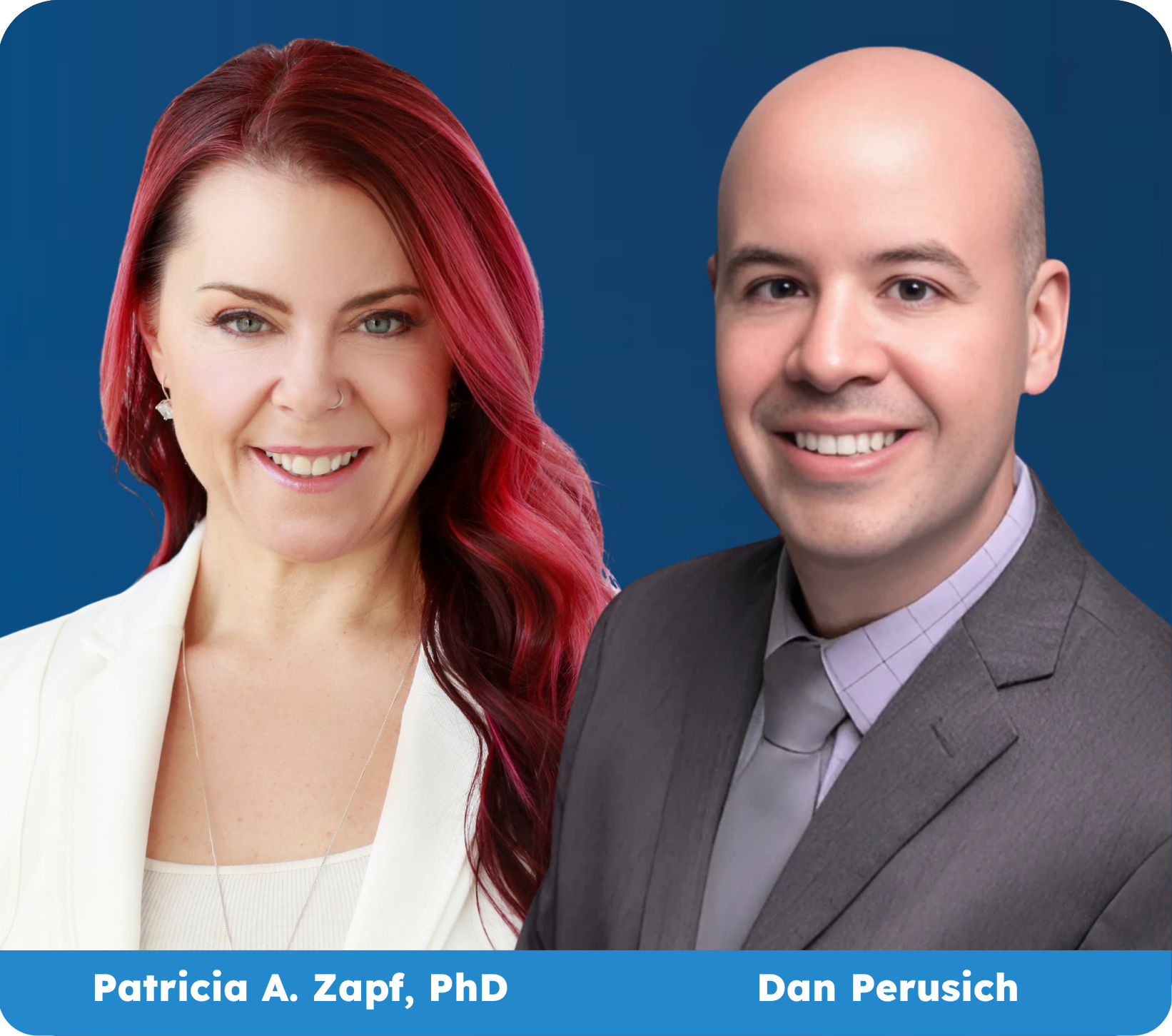
We Train Organizations of all Sizes




Hear from Program Participants
"Some of the most amazing experts in the field"
“The programs are staffed by some of the most amazing experts in the field, and they made themselves available to me if I followed-up with a question”
Dr. Abraham Loebenstein Ph.D, Psychologist PSY15631
"I don’t know that I would have passed my boards without CONCEPT"
“Having the downloadable source materials to study from was a huge advantage for my board certification tests, since I could review the content as many times as I needed. I don’t know that I would have passed my boards without CONCEPT, since much of what I reviewed in those presentations were covered in my exam.”
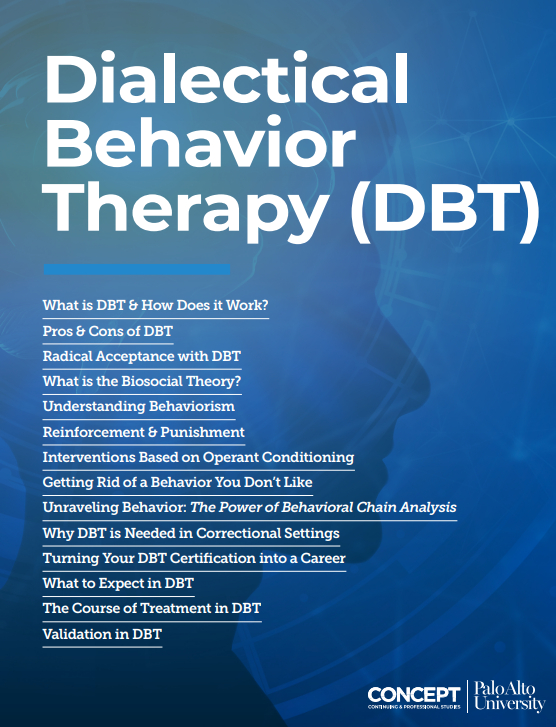
Learn How to Improve Your Level of Care with DBT
Newly updated in 2025, this comprehensive eBook explores essential and advanced DBT topics, behavior modification techniques and examples of applied principles in clinical scenarios.
Based on a compilation of three of our most popular eBooks, this updated version includes both new and advanced DBT content and expands on key training insights, including complex topics like the biosocial theory and adapting DBT for correctional settings.

